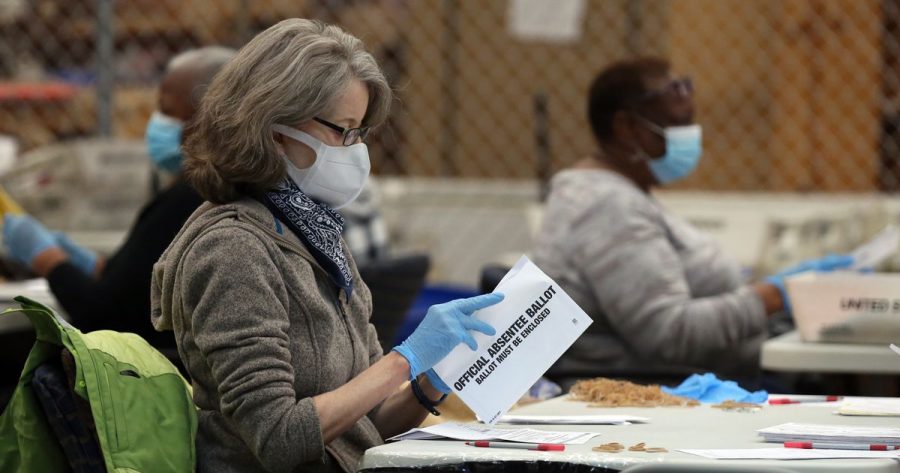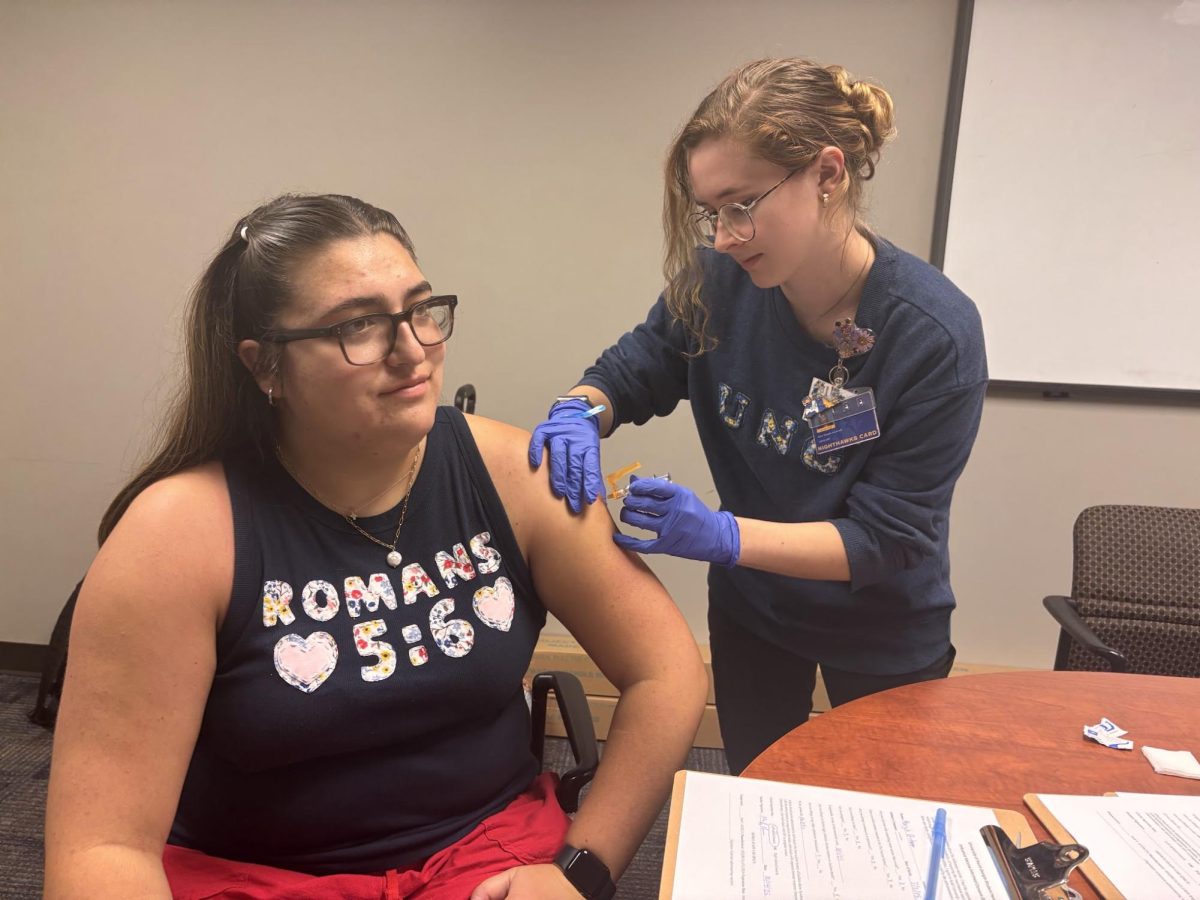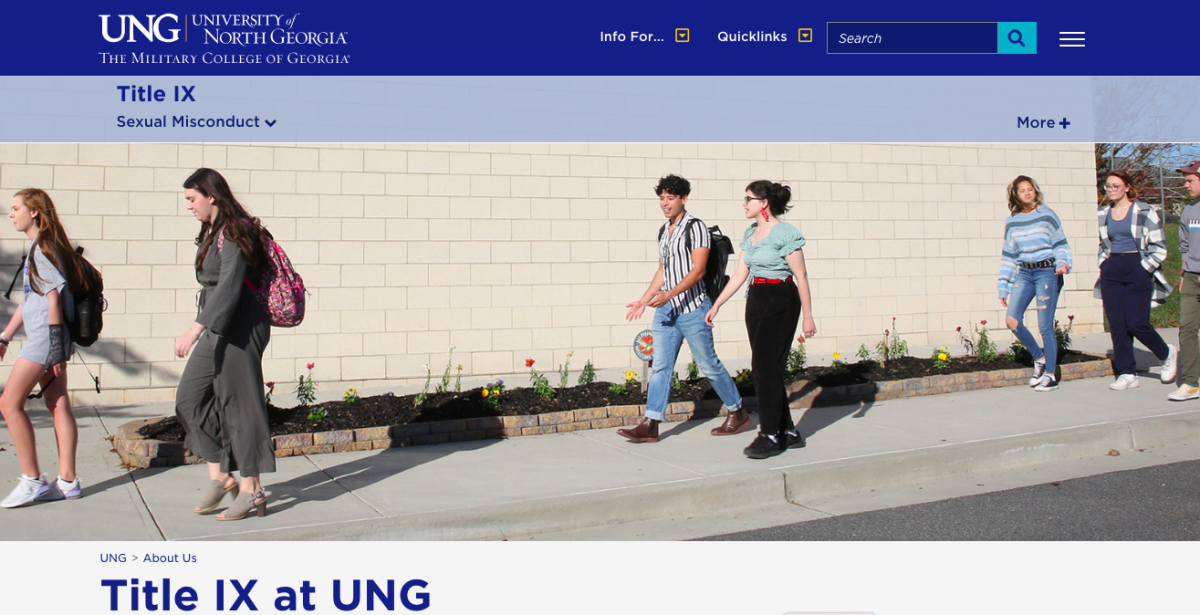The month of March has seen a couple of new voting laws be passed by the Georgia General Assembly. First, on March 8, the Georgia Senate passed a bill to roll back no-excuse absentee voting. This bill calls to reduce the availability of absentee voting, with the new requirements stating that you either need to be at least 65 years old, have a physical disability, or are out of town. In addition, Georgians would have to provide a form of identification, such as a driver’s license.
Second, on March 15, the Republican Majority in the General Assembly made a new proposal which would move to ID numbers to verify absentee voting, replacing the signature matching process. According to the Atlanta Journal-Constitution, this proposal would create a hardship for over 200,000 registered voters who don’t have an ID number. They would have to either obtain a free voter ID card or return a copy of some form of documentation, such as a utility bill, bank statement, paycheck, or other forms of ID.
These bills are just the most recent to be proposed and gain traction after the 2020 general election, in which Georgians flipped the state blue for the first time since 1992. Ever since the 2020 general election, there have been a number of Republican politicians who claim to have proof of voter fraud after Joe Biden defeated incumbent Donald Trump. However, when Trump’s cases of voter fraud made it to court, out of all 50, only one ruled in his favor.
While voters see these bills as a form of voter suppression, Republicans say otherwise. Georgia Senate Majority Leader Mike Dugan said, “This is not preventing anyone from voting by mail-in absentee. All this is doing is laying the groundwork to relieve some of the stresses we’ll continue to see moving forward as we continue to grow.” Claims of voter fraud have still been prevalent despite a significant amount of research proving that voter fraud is very small, from 0.0003% to 0.0025%. The research states that the average American would more likely to be struck by lightning than impersonate another voter at the polls.
However, voters see through the words of Dugan, saying that these bills are to ensure that Georgia does not vote for the Democratic Party in future elections, maintaining power to the Republican Party. This is especially the case as minority groups tend to vote for the Democratic Party, which would limit their voice.
While these bills haven’t been signed by Governor Kemp yet, if they are, they will ultimately be more damaging than good. Professor Carl Cavalli, a political science teacher at the University of North Georgia, explains what exactly makes these kinds of laws harmful. He says, “Our legal presumption has always been innocent until proven guilty. These stricter laws tend to turn that around – assuming people are guilty until they can prove their innocence (with approved voter ID)…the problem is with limiting the number of acceptable IDs.”
In Georgia, there are seven legal forms of ID: a driver’s license, a government employee photo ID, a passport, a military photo ID, a state student photo ID, a tribal photo ID, or a state or federal voter ID.
However, not every person has one of these legal forms of ID, especially in poor areas. Most of these forms require a renewal every so many years, which can be difficult if a person is a minority and are poor or elderly. They may not have the transportation methods to go to a facility to renew these forms of ID. Even if there are facilities open, these facilities are less available in many poverty-stricken or minority communities.
These kinds of laws are just a modern day example of voter suppression against Black voters. While Black voters don’t have to pay a poll tax, pass a literacy test, and meet a property requirement to be eligible to vote, voter suppression is still prevalent through voter ID laws. Black voters are still suffering to just be able to vote due to what party they vote for.
“Voter suppression never went away. It evolved.” – Carol Anderson.
So what can be done about these voter suppression laws? Cavalli suggests to: be aware of any legislative activity in your state, and to contact your state legislators by phone or email if you see something you don’t agree with. The more minority voices we elevate by recognizing their struggles to vote, the more progress that can be made to ensure equal voting across the country.

































